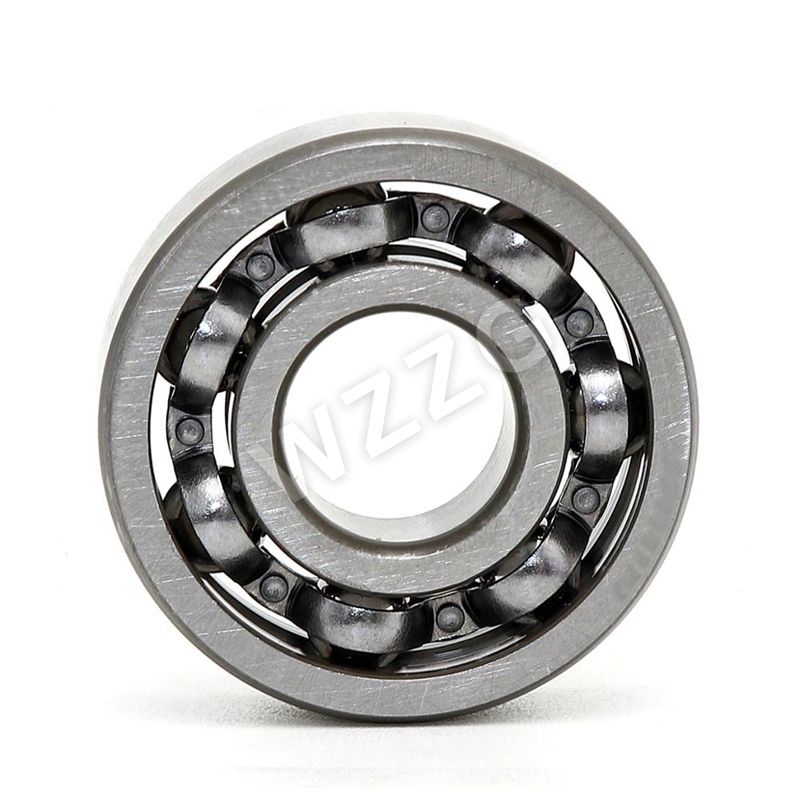How do I choose a deep groove ball bearing?
Choosing the right deep groove ball bearing is important to ensure that your application operates smoothly and efficiently. With so many different types and sizes of bearings available, it can be challenging to know where to start. In this article, we will explore some of the key factors to consider when choosing a deep groove ball bearing.
Load Capacity
One of the most important factors to consider when choosing a deep groove ball bearing is the load capacity. This refers to the maximum load that the bearing can support without becoming damaged or failing. There are two main types of load that bearings can support: radial load and axial load. Radial load is the force that is perpendicular to the axis of the bearing, while axial load is the force that is parallel to the axis of the bearing.
To determine the load capacity of a deep groove ball bearing, you will need to consider the type and magnitude of the loads that the bearing will be subjected to. This information can be obtained from the manufacturer's specifications or through engineering calculations.

Speed
Another important factor to consider when choosing a deep groove ball bearing is the speed at which it will be operating. The maximum speed that a bearing can operate at is determined by a number of factors, including the size of the bearing, the type of lubrication, and the level of precision.
It is important to choose a bearing that is capable of operating at the speed that your application requires. Operating a bearing at a speed that is too high can result in premature failure or damage to the bearing.
Precision
Precision is another important factor to consider when choosing a deep groove ball bearing. Bearings that are used in high-precision applications, such as machine tools, require a higher level of precision than bearings that are used in less critical applications.
The precision of a bearing is determined by factors such as the manufacturing process, the design of the raceway, and the level of lubrication. Bearings that are designed for high-precision applications are typically more expensive than bearings that are designed for less critical applications.
Environment
The environment in which the bearing will be operating is also an important factor to consider when choosing a Radial Deep Groove Ball Bearing. Factors such as temperature, humidity, and the presence of contaminants can all impact the performance and longevity of the bearing.
If the bearing will be operating in an environment that is subject to extreme temperatures, high humidity, or the presence of contaminants, it is important to choose a bearing that is designed to withstand these conditions. This may include choosing a bearing that is made from materials that are resistant to corrosion or that is designed with seals or shields to protect the bearing from contamination.
Cost
Finally, cost is an important factor to consider when choosing a deep groove ball bearing. Bearings that are designed for high-precision applications or that are capable of supporting high loads and operating at high speeds are typically more expensive than bearings that are designed for less critical applications.
It is important to balance the performance requirements of your application with the cost of the China ball bearing. Choosing a bearing that is less expensive may save you money in the short term, but if it is not capable of meeting the requirements of your application, it may result in costly downtime or premature failure.
In conclusion, choosing the right deep groove ball bearing requires careful consideration of factors such as load capacity, speed, precision, environment, and cost. By taking the time to evaluate these factors, you can ensure that you choose a bearing that is capable of meeting the requirements of your application and that will provide reliable performance over the long term.


